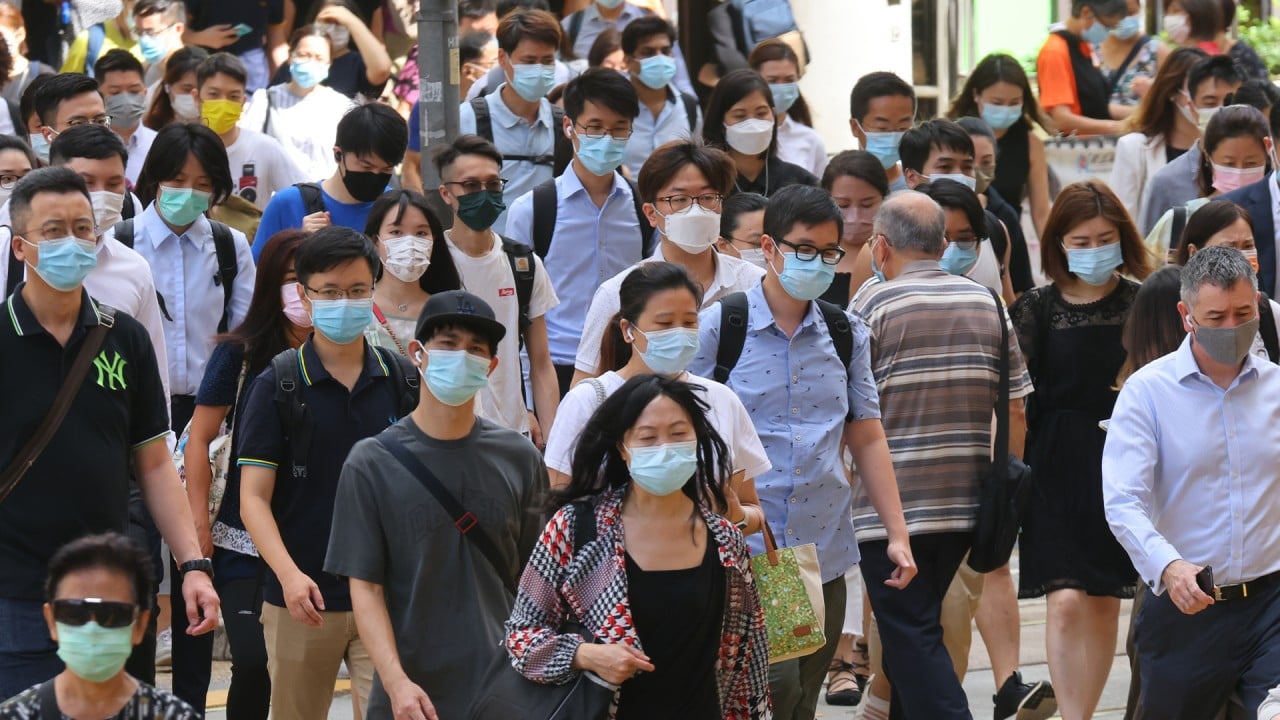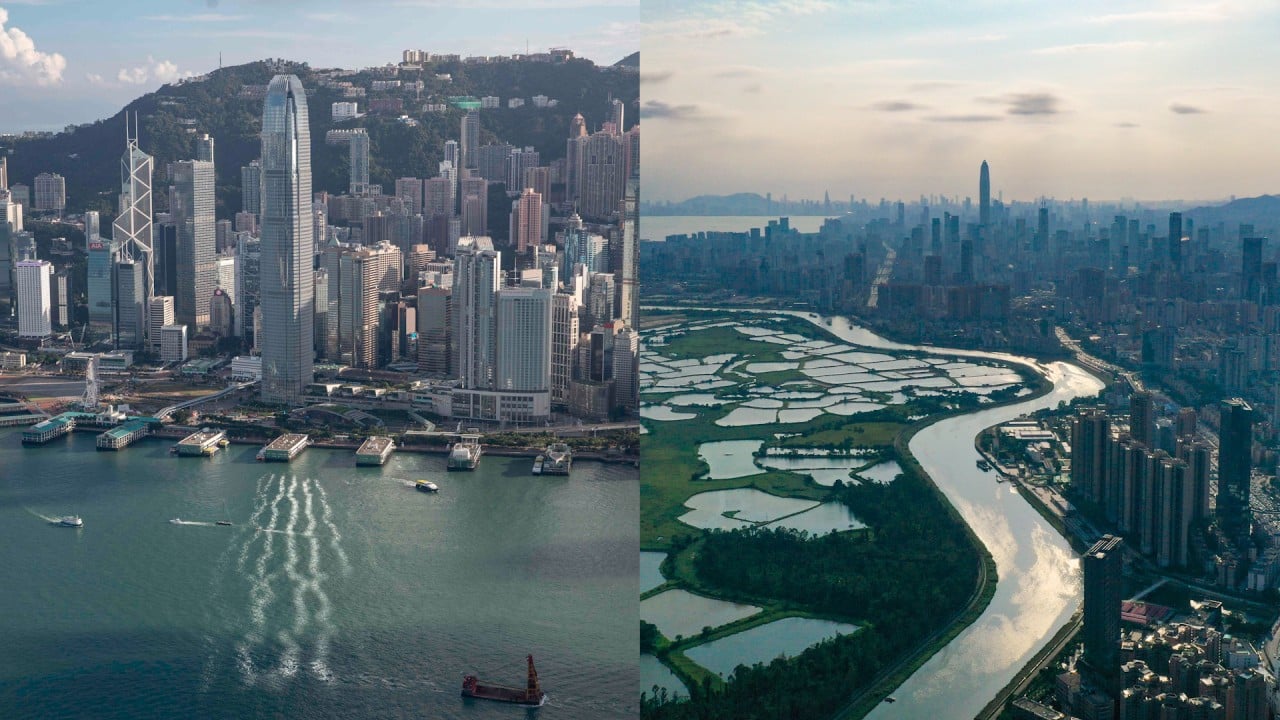
How safe international meetings can help Hong Kong achieve an economic reset
- Hong Kong has managed the logistics of holding a major international art fair, book fair and industry conferences during the pandemic without seeing outbreaks
- Holding one or two premier events with visitors from low-risk locations will boost confidence and cement Hong Kong’s status as a hub for safe meetings
Hong Kong has a small window of opportunity to position itself as a venue for safe regional and international gatherings in the post-pandemic world and gain a first-mover advantage over other Asian cities. Doing so will help Hong Kong solidify its reputation as a city open for business and facilitate economic and employment recovery in multiple sectors.
The economic multiplier effect of international meetings and conventions is well documented as it brings in high-value visitors and generates employment and growth in many key sectors.
International meetings, conferences and exhibitions brought 2.3 million visitors to Hong Kong in 2018. They also generated almost HK$53 billion (US$6.8 billion) for the economy, according to a 2016 study by the Hong Kong Exhibition and Convention Industry Association.
Hong Kong’s competitive positioning lies in its connectivity with mainland cities with complementary strengths, as well as its expertise in understanding and implementing global business standards and processes. Add to that a bilingual workforce and a long history of excellence in medicine and public health.
These are all factors that should enable Hong Kong to establish itself as a hub in Asia for safely conducting international business meetings and conventions in the post-pandemic future.
Economic growth and employment largely depend on pillar industries, including financial services, trading and logistics, tourism and professional services. Almost all of these rely on a high degree of freedom in terms of information and movement.
None of these are novel approaches, yet effective execution could distinguish Hong Kong from other competing economies that have not controlled their local waves of infection as well.
Health authorities could work with meeting organisers and hotels to pilot “event bubbles” with clear transport, accommodation, distancing and testing protocols.
Participants would not self-isolate but stay within the bubble for the duration of the meeting or convention, subject to regular and rapid testing. Provided the meeting is conducted safely, they can move freely around afterwards.
As Art Basel returns, Hong Kong looks to reclaim status as global hub
Local businesses have put in measures to ensure smooth, safe daily operations. Tourist attractions and leisure facilities are open. Concerts and performances are running. Restaurants and shops have seen a return of footfall as people largely go back to their daily lives and work.
These industries can all benefit from those visitors who have passed the requirements for safe entry and meetings. Successfully holding one or two premier events of a moderate scale – in emerging and strategic sectors such as technology and culture – with participants from low-risk locations will help boost business confidence and cement Hong Kong’s status as a hub for safe meetings.
There are competitor cities attempting to do the same, but not many are prepared and have Hong Kong’s track record of effective infection control. The stakes are high as the competitive advantage could vanish immediately if it is not done correctly. Acting too slowly risks ceding the reputational advantages the first mover stands to gain.
Getting safe international meetings right at this juncture will be a true test of Hong Kong’s adaptability, attention to detail and can-do spirit.
Janet Pau is executive director of the Asia Business Council




